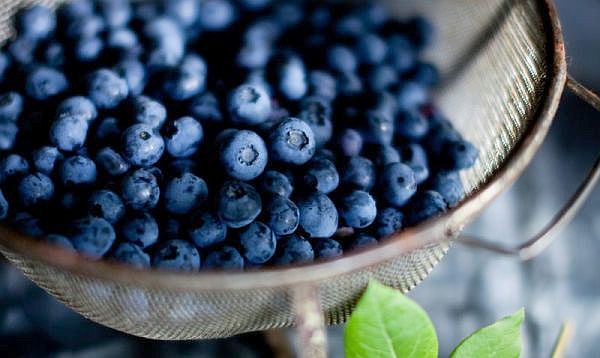Jalisco, Mexico - New agricultural businesses are emerging every day in the Valleys of Jalisco, Mexico. The Bloomberry Farms and Esquiberries Farms companies are new producers in this region and this is their second year working with blueberries.
The project started as an idea in 2015 due to the concern of three young people, two of whom were the third generation of family farmers that produced melons, watermelons, cucumbers, avocados, papaya, and lemons.
Gonzalo Barragan, of Bloomberry Farms, told Hugo Rangel Guzman, of AGRO21, that this investment project had its origin in the potential of the Mexican countryside, where they see profitable business opportunities that can contribute to the country's agricultural-food's future.
 |
Then, they prepared their business plan and now, Gonzalo says, "it's a reality. We are directing the project from the sowing, handling, production, harvesting, and packaging in the field to deliver our consumers a product with the best quality."
Meanwhile, Pepe and Diego Esquivel, of Esquiberries Farms, said that "it requires a lot of decisions and we are doing it, managing the project as a true company, working on health, with very hardworking people. We manage the farm by controlling expenses and costs. We have a lot of responsibilities both in the field and in the administration."
Since the demand for these berries is on the rise, the offer can not be fully met and especially at certain times of the year. Even though the South American production, in places like Chile and Peru, begins to fall at the end of February, in Mexico this is the moment when they can supply the North American market, even without considering the strong and growing demand in China and in European countries.
The initial project was 5.2 hectares in seven sectors, then in December 2017 they added 2.2 hectares in three more sectors and they still plan to plant a approximately 10 hectares more, 4 of which are planned for the end of the year.
Stage 1 started in June of 2017 and began yielding fruits 7 months later in December, which was surprising for them as they managed to surpass the production forecast for the Biloxi variety (600 grams per plant in the first year) and estimate they will harvest about 1.5 kilos per plant in their first year.
For the success and control of the blueberry crop, Pepe said, "we get technical advice from the engineers of the Agriberries Asesores company, who are specialists in berries with 7 years of experience in the field and carry out weekly supervision field visits in which they make recommendations and prescriptions such as the applications of fungicides, insecticides, and nutrition among other things."
Original article


